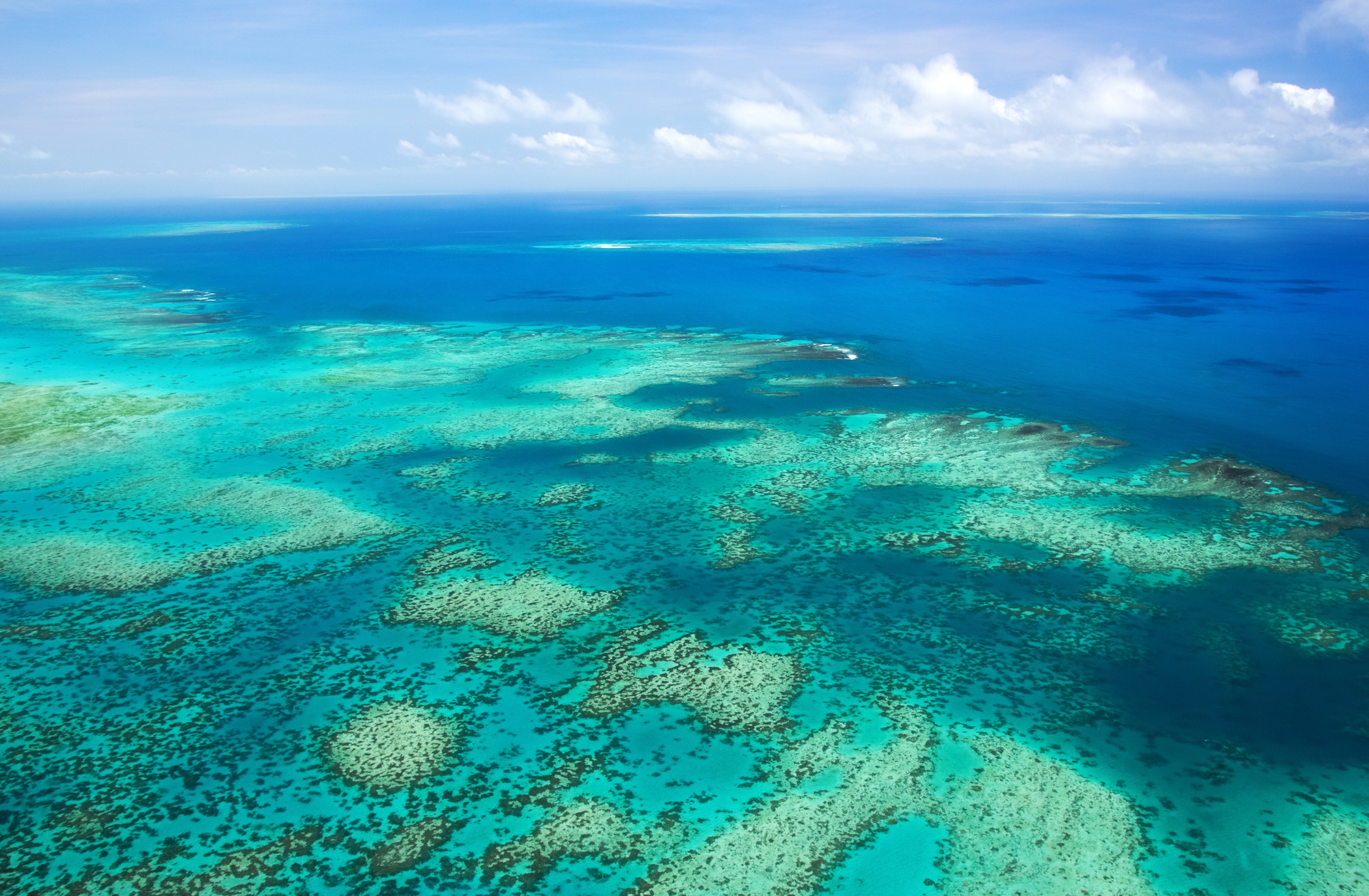
Report: Great Barrier Reef protected zones benefit all fish
Marine protected reserves, no-take zones, and no-entry zones are specially designated areas where restrictions limit the amount of human activity allowed in the vicinity.
These rules are meant to protect the marine ecosystem and stop habitat and species loss, and they are vital to conservation efforts, especially along coral reefs.
Now, a new study conducted by researchers from the University of Queensland, Australia has found that protected zones are beneficial to fish populations along the Great Barrier Reef, even in those areas with only fishing.
The Great Barrier Reef in Australia is the largest coral reef in the world. It’s home to a diverse array of marine wildlife and its status as a UNESCO World Heritage Site means that much of the reef is protected.
For the study, the researchers wanted to see if there was a difference in fish populations and biodiversity along the reef where some fishing occurred compared to the protected “no-take” and “no entry” zones.
The research team counted and measured the biomass of marine species that are commonly fished and found at 31 different areas along the reef. The researchers also analyzed the seabed habitat in these areas.
The results showed that in the protected areas where no fishing occurred there was greater fish biomass. The biomass in no-take and no entry places tended to be five times greater compared to the areas of the reef where fishing occurred.
Even if the areas examined were lightly fished, the researchers saw a decrease in fish biomass compared to the protected areas.
However, even lightly exploited areas where some fishing occurs is better for fish populations than places where poaching and heavy fishing occurs.
The findings illustrate the vital importance of marine conservation efforts, especially along coral reef systems which are host to a wide array of marine wildlife.
The difference in biomass along the Great Barrier Reef shows how sensitive the reef and marine ecosystems are to fishing operations.
—
By Kay Vandette, Earth.com Staff Writer













